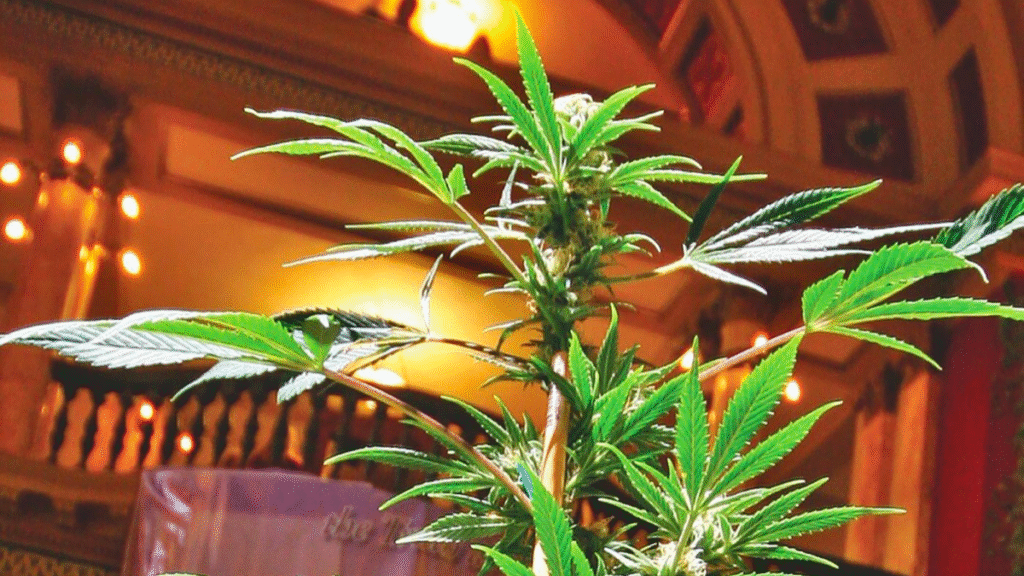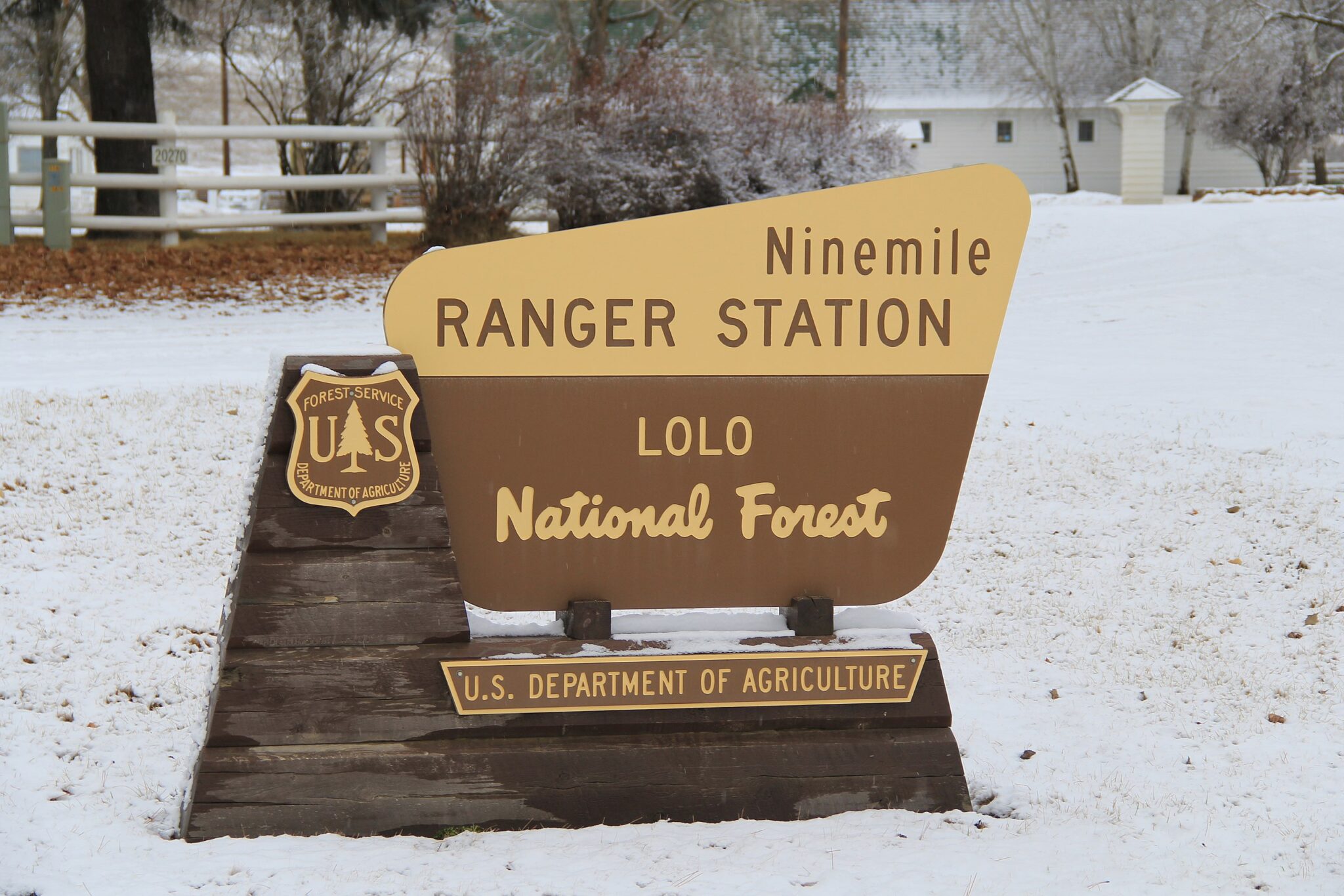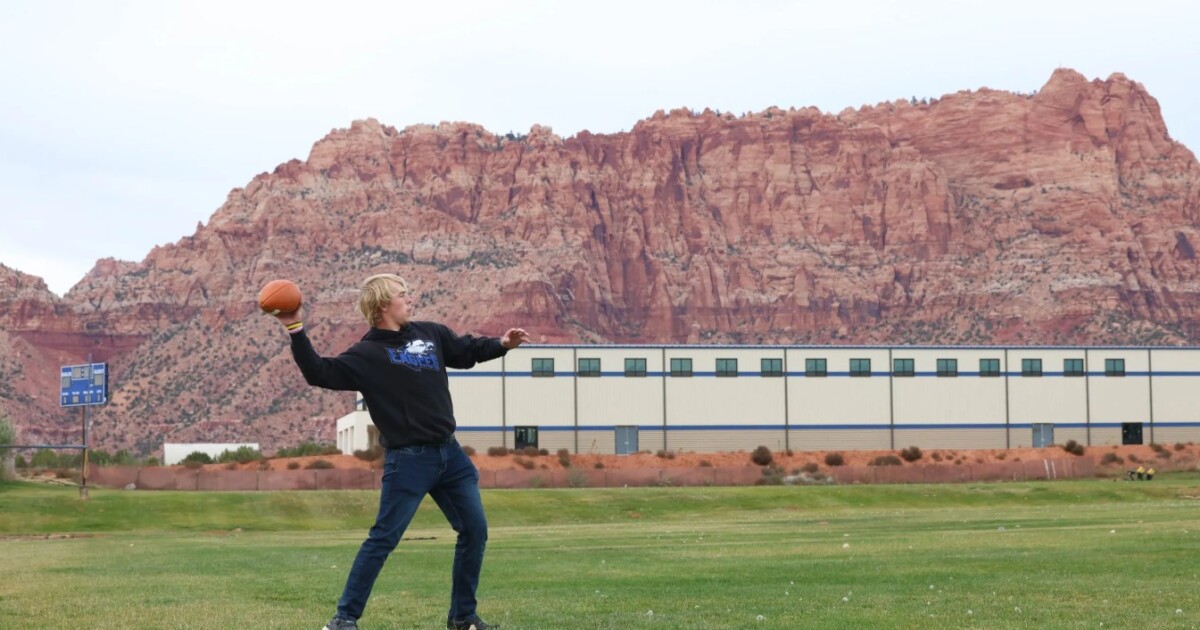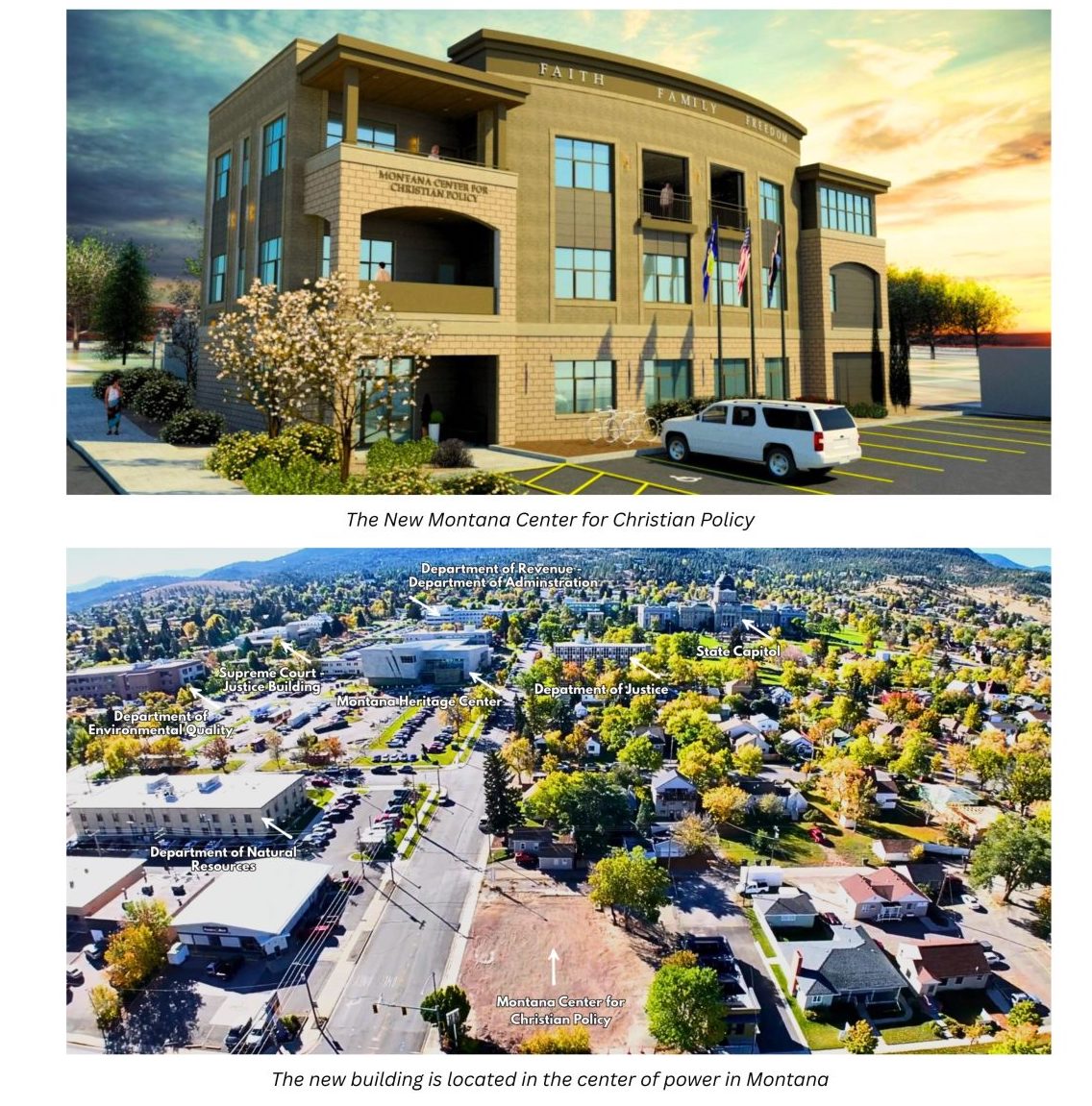House Bill 952, though brief, could significantly affect Montana tribes, according to supporters. Sponsored by Rep. Frank Smith, D-Poplar, Sioux, this bill was proposed by the State-Tribal Relations Interim Committee to aid tribes in overcoming obstacles in the cannabis industry. It passed the Legislature this month with backing from most Democrats and enough Republicans.
This marks Smith’s final year before retirement after being first elected in 1999, making him one of the longest-serving members. During a Montana American Indian Caucus assembly, Smith received retirement wishes and was lauded for concluding his term with such a significant bill.
The primary challenges for tribes in the marijuana sector arose from previous legislation like House Bill 701, enacted in 2021. It created substantial restrictions for tribes regarding cannabis regulations.
Three principal barriers surfaced for tribes due to HB 701. Firstly, it permitted only one combined-use license per tribe, limiting tribe operations to a single site. Secondly, tribes were restricted to a single-tier canopy license, necessitating operations within a 1,000-square-foot building. Thirdly, it demanded dispensaries be 150 miles off-reservation in a “green county,” confining tribes to competitive markets, as noted by Patrick Yawakie of Red Medicine, LLC.
This year’s HB 952 intends to dismantle those barriers. Yawakie, who assisted in drafting the bill, stated its basis on Washington state’s cannabis compact, where tribes and the state form agreements to manage cannabis operations on reservations. In Washington, 22 out of 29 tribes have such agreements.
HB 952 facilitates Montana tribes in forming compacts with the governor to oversee reservation cannabis activities. Each compact would cater to tribal needs, allowing negotiations on tax revenue, dispensary operations, and cannabis production.
Guidelines in the bill are optional, serving as a framework for tribes managing the cannabis industry autonomously. Yawakie described it as a “proactive approach for tribal operations and intergovernmental collaboration,” likening these compacts to tribal gaming agreements and emphasizing their tailored effectiveness.
HEATED SENATE FLOOR DEBATE
Sen. Gayle Lammers, R-Hardin, described the bill as a “cleanup bill,” noting past legislative exclusion of tribes.
“Oversaturation of non-tribal dispensaries near reservations impacts youth and fuels black markets,” Lammers said. “HB 952 is pro-business, collaboration, and law enforcement.”
Opposition came from Sen. Barry Usher, R-Laurel, and Senate Majority Leader Tom McGillvray, R-Billings. Usher contended, “This isn’t cleanup, it’s extensive,” arguing current dispensaries suffice.
Sen. Jonathan Windy Boy, D-Box Elder, Chippewa Cree, countered, emphasizing non-Indian dispensaries on reservations evade tribal regulation.
McGillvray warned of societal costs outweighing cannabis sales revenue, expressing concerns over increased drug use among Native youth.
Addressing concerns, Sen. Greg Hertz, R-Polson, highlighted compact necessity for fair tax competition and compliance with state and federal laws, supporting compact formation for economic and regulatory clarity.
—
Read More Montana News










